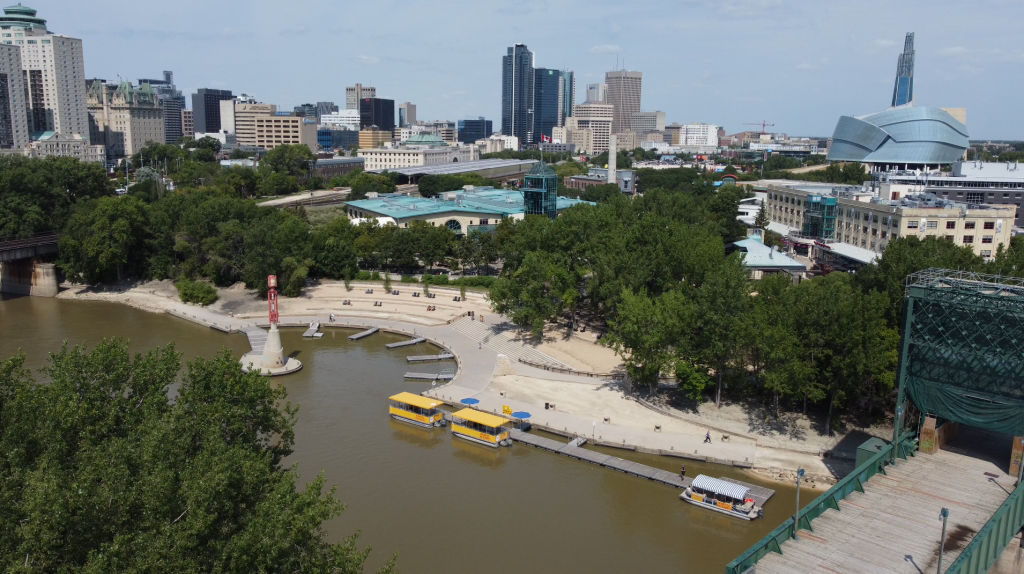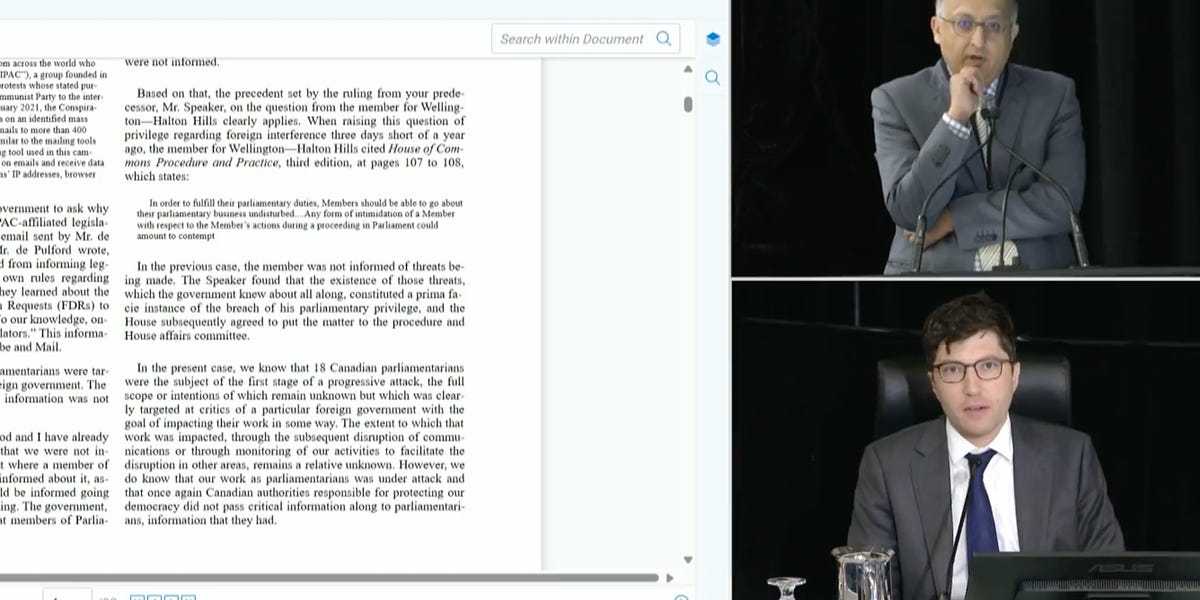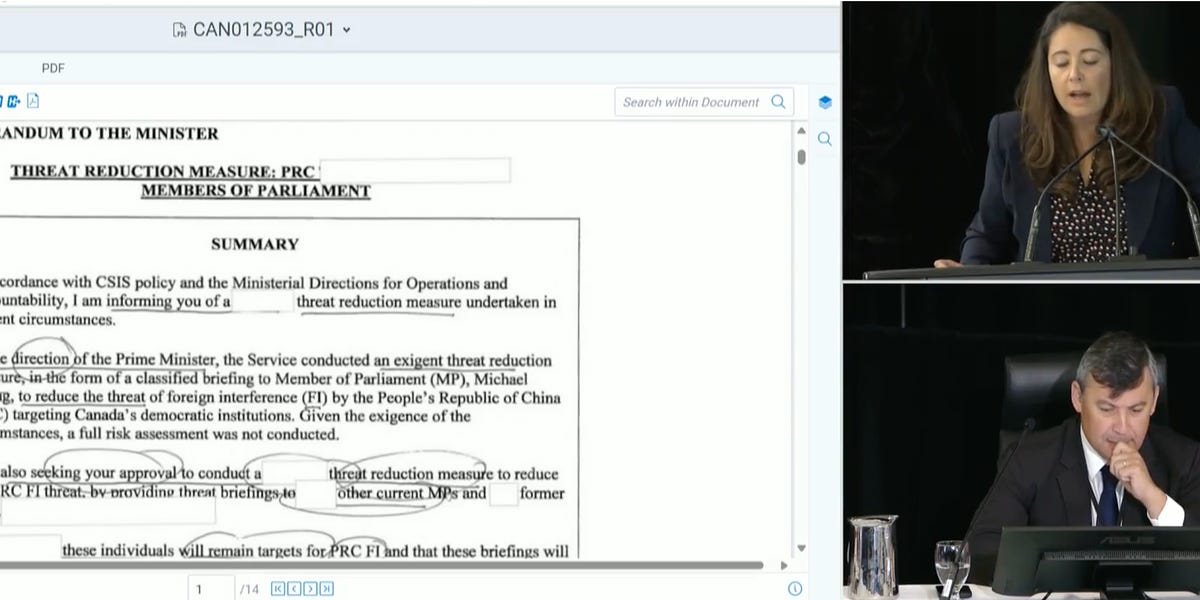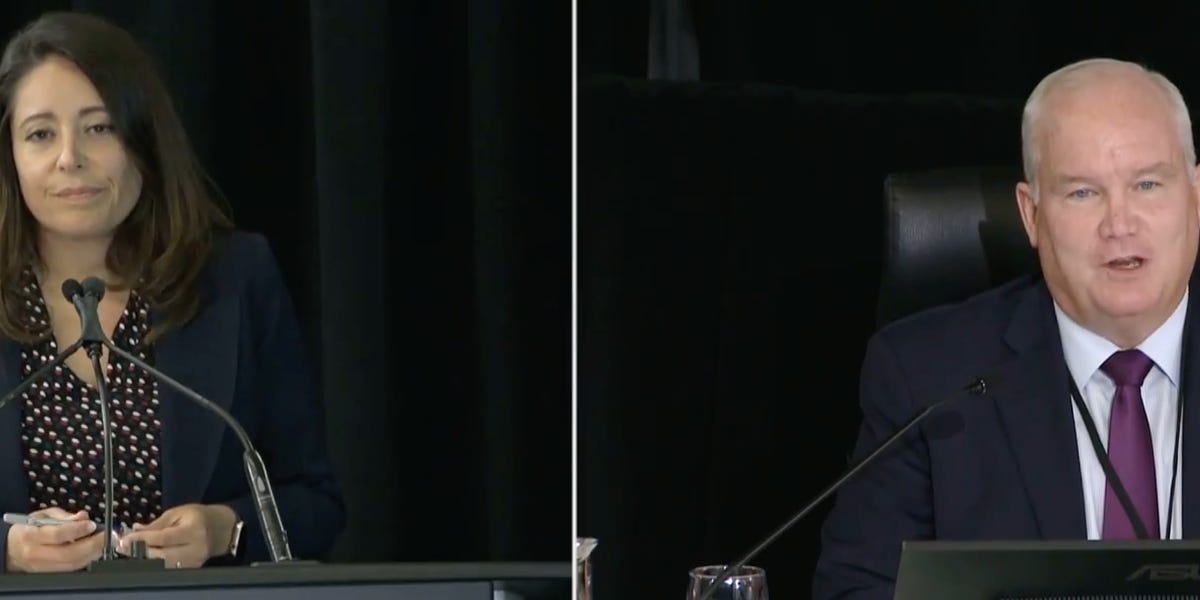In Canada, the social contract for years allowed more immigration to grow the economy, but this came with stringent criteria for who should be admitted. Today, there are more than 900,000 international students in Canada, a 170-per-cent increase over the past decade. Some of these students have been scammed by for-profit colleges. Others have been affiliated with fake schools, using their student visas as loopholes in the immigration system. The social system was unprepared for such an influx, though certain institutions benefited: colleges and universities got more fees; politicians touted rising immigration numbers; the landlord class got an endless supply of perpetual renters. Without any housing available, this has left the country unprepared to deal with multiple, overlapping economic and social crises.
Whether for immigrants or those born in Canada, the same reality unfolds. We have created an entire generation of permanent renters, people who will work and struggle and maybe build some limited wealth, but will never be able to own property. Keep in mind that more than half of Canadians are living paycheque-to-paycheque. Many in my generation have been entirely shut out of prosperity − betraying the promise of progress for millions.
One sees neighbourhoods plagued by drug abuse and crime. Statistics Canada has reported that we are witnessing a 16-year spike in violent crime. The homicide rate in Canada today is the highest it’s been since 1992. And Canada maintains one of the laxest criminal justice systems in the Western world, one where someone can cause the death of another and leave prison after six months. If America went too far in the direction of mass incarceration, Canada overcorrected in the opposite direction with mass leniency. One thing, though, is still a constant: The disproportionately largest victims of violent crimes, and specifically homicide, are Indigenous people and racial minorities.
At some point, one would think that the deaths of so many innocent and vulnerable people would elicit outrage − yet life goes on as normal. Each life is precious, and when violent criminals get off easy, or without punishment at all, they learn the terrible lesson that this country does not take its own laws seriously, so why should they? When the law loses its power to deter crime, either because of prosecutors not moving forward with cases, or because of a general laissez-faire attitude toward violent crime happening in other neighbourhoods, it is the marginalized who are harmed most.














